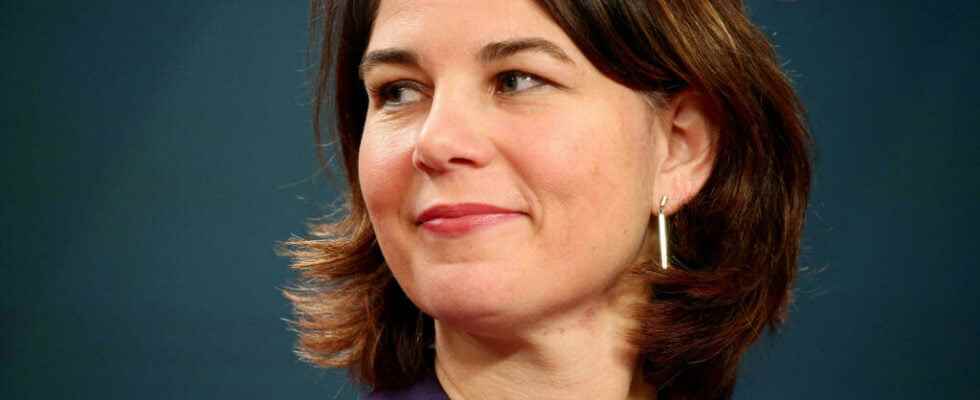Annalena Baerbock the new head of German diplomacy undertakes this Monday 17 and Tuesday 18 January a trip to Kiev and Moscow after a week of many fruitless diplomatic discussions. The differences on these issues within the ruling coalition in Berlin do not make the German position any clearer. Concrete results are not expected. Maintaining the dialogue is already seen as a modest success.
With our correspondent in Berlin, Pascal Thibault
Annalena Baerbock’s visit today to Kiev and tomorrow to Moscow is the most difficult trip for the new German Foreign Minister since taking office. Kiev wants more support from Berlin in the current crisis and has long called for German arms supplies. But the new government excludes such an option in an area in crisis.
Kiev’s complaints about Nord Stream 2
Kiev criticizes Berlin for its support for the Nord Stream 2 gas pipeline linking Russia to Germany, perceived as a betrayal of Ukraine. Annalena Baerbock, like environmentalists, has always criticized the project, but she has to deal with social democratic partners who want the gas pipeline to stay out of geopolitical disputes. The differences within the German coalition and the absence of a clear line were denounced by the opposition in Berlin and weakened German diplomacy.
Towards a firmer line with Moscow?
This also applies to the relationship with Moscow. Annalena Baerbock and environmentalists have consistently taken a tougher line on the Kremlin than the social democrats, but can the minister today in a coalition afford to go too far? In the absence of concrete results, German diplomacy already considers positive that dialogue remains possible.
In Kiev as in Moscow, Annalena Baerbock wants to plead for a revival of the Normandy format associating alongside Ukraine and Russia, Germany and France.
►Also read: Washington accuses Moscow of preparing a “pretext” operation to invade Ukraine
